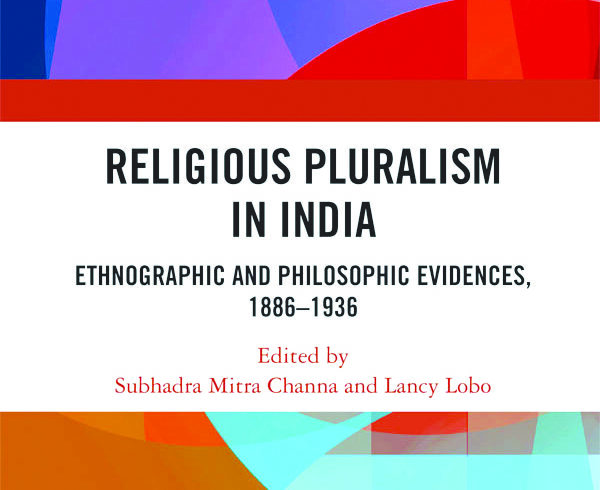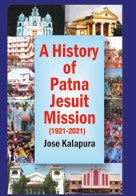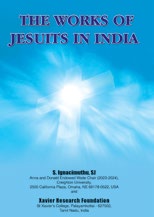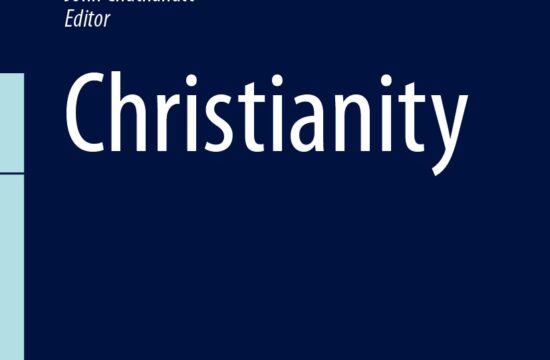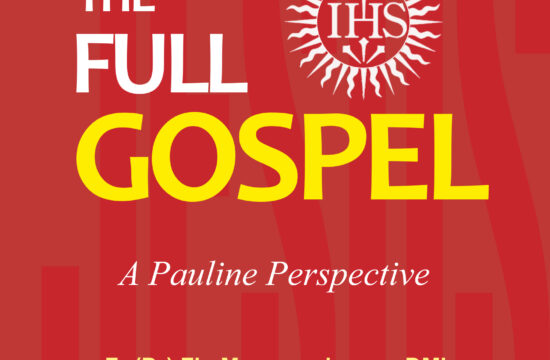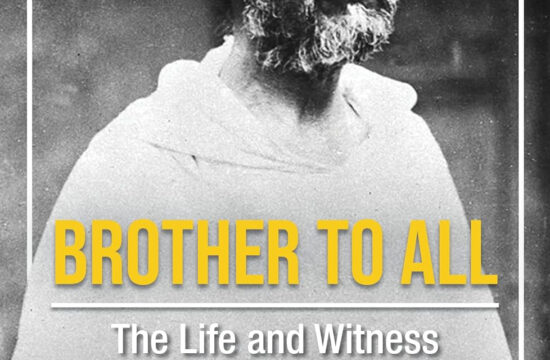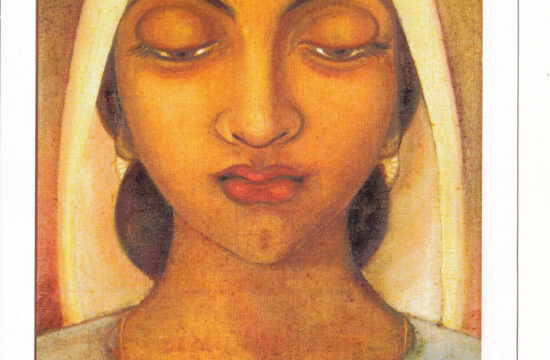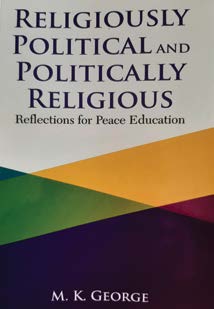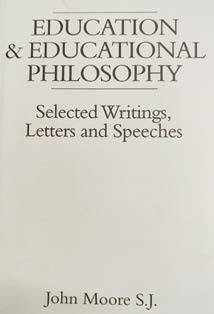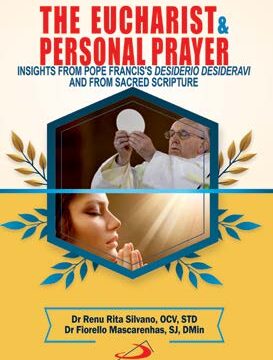Title of the book: Religious Pluralism in India
Author: Fr Lancy Lobo, SJ
Publisher: Routledge India
ISBN: ISBN 9781032373058
Number of pages: 222
Price: ₹4,592.90/-
Lancy Lobo, SJ, talks about his new book Religious Pluralism in India: Ethnographic and Philosophic Evidences 1886 – 1936.
What made you write this book?
I have edited this book to which many have contributed. Contemporary India faces two major contradictions: first Hinduism and Hindutva and secondly majoritarianism and minoritarianism. Both are inter-connected. Hinduism is a religious ideology while Hindutva is a political ideology. This political ideology builds nationalism based on including Hindus and excluding other religions. Hence Hindu nationalism makes a paradigm shift from the Indian nationalism which is inclusive and promotes the Constitutional values.
Why is this book important at this juncture?
The idea of India promoted by the architects of modern India has been of a plural and composite Indian culture that accommodates all religions. India strove to live in unity in diversity and not unity in uniformity which Hindutva promotes. Countering Hindutva ideology is a must to promote a secular, democratic, liberal and inclusive India. One of the effective ways to counter Hindutva is to counter it intellectually. Hence the birth of this book.
What does the book try to do?
This edited book explores the inherent pluralism of Hinduism through ethnographic and philosophical evidence as presented in the Journal of Anthropological Society of Bombay, 1886- 1936. This volume shows that Hinduism has been analyzed by social scientists in many ways like Brahminic and non-Brahminic, sectarian Hinduism and non-sectarian Hinduism etc. This volume also highlights how religions have influenced each other and appear to have mingled beliefs and practices from multiple sources. It shows how tolerance and inclusiveness along with syncretism have been part of India’s religious and social history.
Who will benefit more by reading this book?
This book will benefit students and researchers of religions, history, anthropology, sociology, political science, philosophy, theology and inter-religious dialogue.
_______
Lancy Lobo, SJ (GUJ) has been director Centre for Social Studies, Surat; founder director of Centre for Culture and Development, Vadodara, and now is Research Director, Indian Social Institute, Delhi; as well as Forum Coordinator for Jesuit Social Scientists of south Asia.


